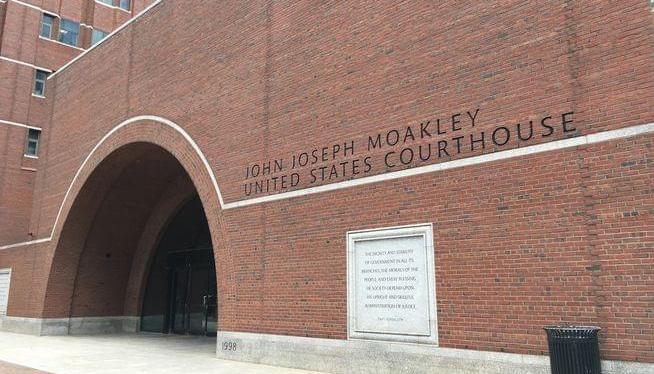
PROVIDENCE, R.I. (AP) — The Rhode Island House of Representatives has approved a $13.1 billion state budget for the upcoming fiscal year that boosts support for affordable housing, social services and education without any broad-based tax increases.
The budget approved Thursday night passed on a 64-10 party-line vote, with all 10 Republicans in the chamber voting no.
“Without broad-based tax increases and through the preservation and strengthening of services and programs that help the vulnerable, this budget is a bill that will support most Rhode Islanders attempting to get back to their normal way of life,” Democratic House Finance Committee Chair Marvin Abney said in a statement.
The bill also includes $15 million to provide body cameras for patrol officers in every municipal police department that does not already have them, as well as state police.
The proposal also includes funding to help school districts losing students to charter schools, $5.9 million beyond the governor’s proposal to help Rhode Island College address its financial difficulties, and $7.7 million for the Rhode Island Promise program, which provides two years of free tuition at the Community College of Rhode Island for qualified high school graduates.
The budget does not include a proposed tax on sugary beverages, nor the creation of a new tax bracket for the state’s highest earners.
House Republicans panned the budget.
“The FY22 ‘feel good’ budget only delays structural deficits,” the House GOP caucus said in a statement. “It does nothing to alleviate or reduce the future tax burden on Rhode Island residents and businesses. It merely ignores our failing economic issues and kicks the fiscal responsibilities down the road to be dealt with next year.”
Republicans also wanted an amendment that would have limited the governor’s power to declare a state of emergency to 90 days, saying many state residents were frustrated with the current pandemic-related state of emergency declared by two Democratic governors that has gone on for about 18 months.
The bill now heads to the Senate.













